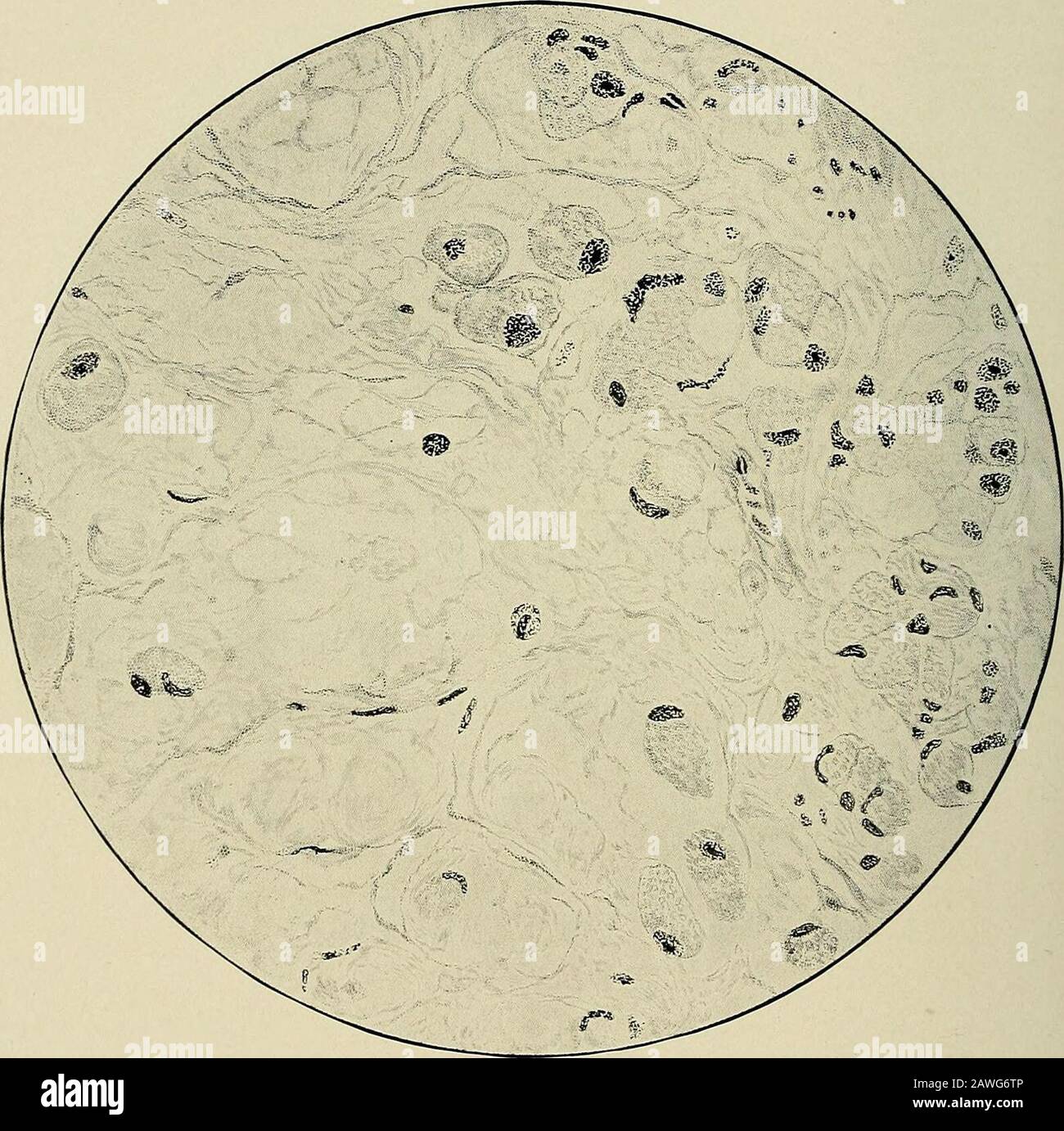DeDifferentiation of Somatic Cells to a Pluripotent State Biology Diagrams The Cell Cycle Dividing somatic cells go through a cell cycle. The cell cycle consists of the actual cell division stages (Mitosis) and the period between successive cell divisions, called the Interphase. The Interphase is subsequently divided into three sub-phases: Gap 1 (G1), Synthesis (S), and Gap2 (G2).

A consistent and regulated progression through the cell cycle ensures the proper duplication and distribution of a cell's genetic material. Overview of the Cell Cycle Phases The two broad phases of the cell cycle are interphase and mitosis. During interphase, cells grow, replicate their DNA and organelles, and prepare for division. The most basic function of the cell cycle is to duplicate accurately the vast amount of DNA in the chromosomes and then segregate the copies precisely into two genetically identical daughter cells. These processes define the two major phases of the cell cycle. DNA duplication occurs during S phase (S for synthesis), which requires 10-12 hours and occupies about half of the cell-cycle time in The cell cycle is an ordered series of events involving cell growth and cell division that produces two new daughter cells. Cells on the path to cell division proceed through a series of precisely timed and carefully regulated stages of growth, DNA replication, and nuclear and cytoplasmic division that ultimately produces two identical (clone) cells. The cell cycle has two major phases

3.5 Cell Growth and Division Biology Diagrams
List the stages of the cell cycle in order, including the steps of cell division in somatic cells By the end of this section, you will be able to: Describe the stages of the cell cycle Describe the stages of mitosis and cytokinesis, in order Discuss how the cell cycle is regulated Explain the implications of losing control over the cell cycle The mitosis division process has several steps or phases of the cell cycle—interphase, prophase, prometaphase, metaphase, anaphase, telophase, and cytokinesis—to successfully make the new diploid cells. in a single cell and end up with 46 chromosomes in two cells. Obviously, replicating the chromosomes is a prerequisite to mitosis. Remember,

The cell cycle is an ordered series of events involving cell growth and cell division that produces two new daughter cells. Somatic cells on the path to cell division proceed through a series of precisely timed and carefully regulated stages of growth, DNA replication, and division that produces two genetically identical cells. Mitosis is the phase of the cell cycle in which chromosomes in the nucleus are evenly divided between two cells. When the cell division process is complete, two daughter cells with identical genetic material are produced. Understanding the steps of mitosis is crucial in comprehending how organisms grow, develop, and repair tissues. Cell division happens when a parent cell divides into two or more cells called daughter cells. Cell division usually occurs as part of a larger cell cycle. All cells reproduce by splitting into two, where each parental cell gives rise to two daughter cells. These newly formed daughter cells could themselves divide and grow, giving rise to a new cell population that is formed by the division
